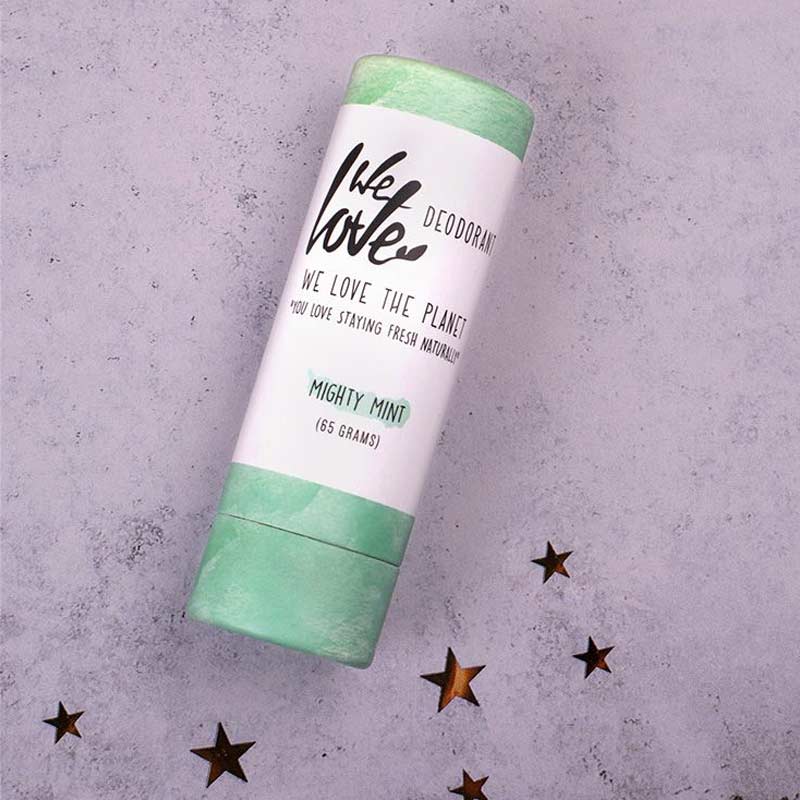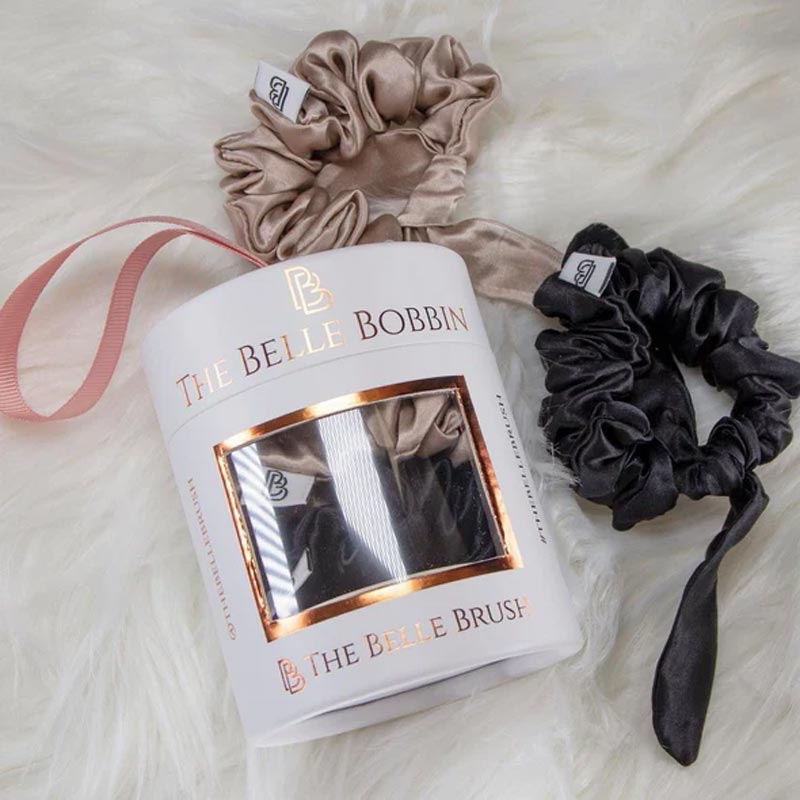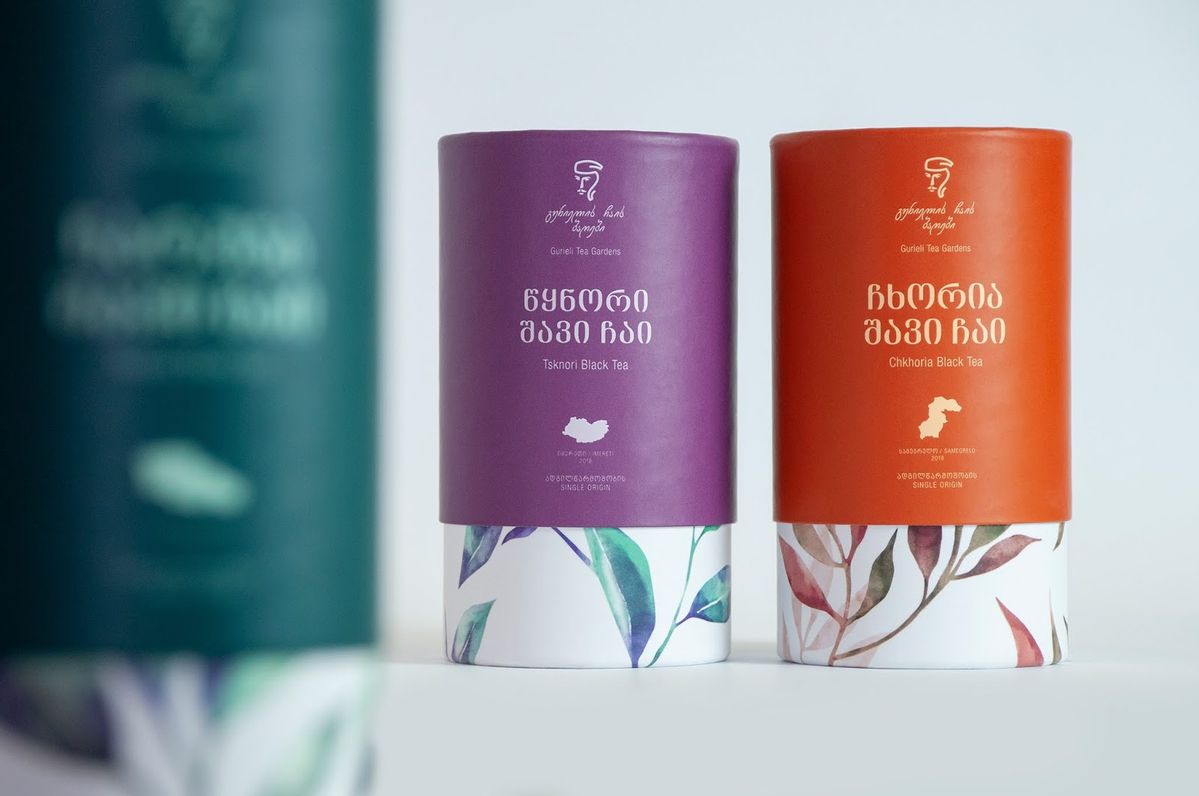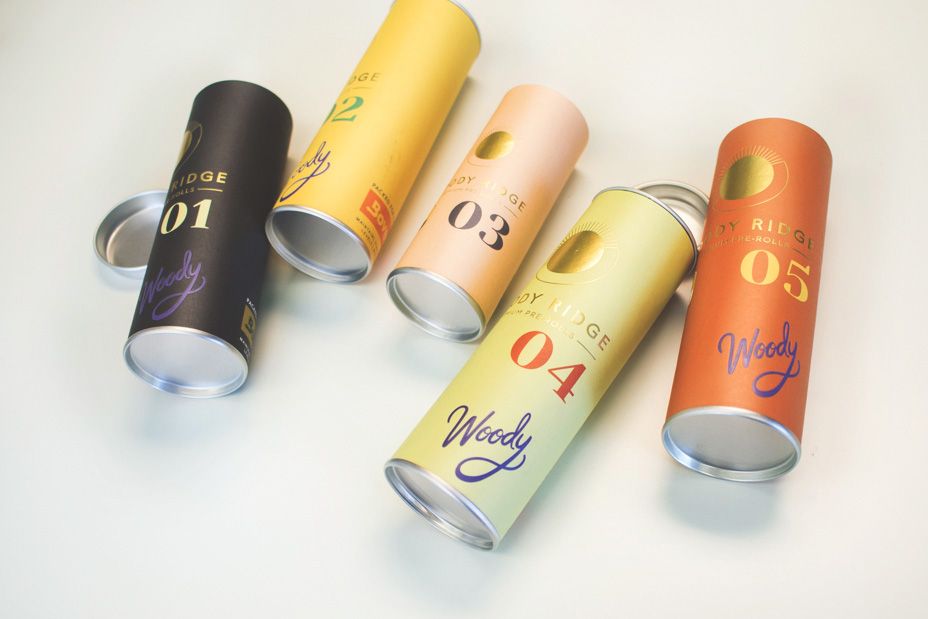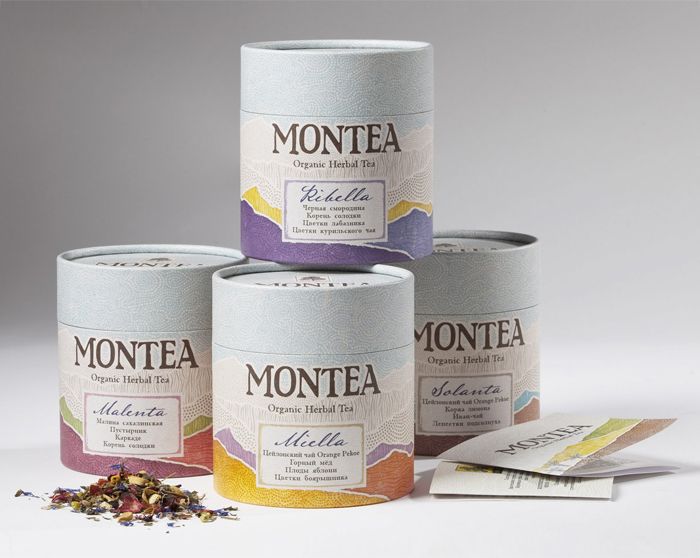
When packaging consumables such as powders, cookies, or dried fruits, safety and quality control must come first. Food-grade paper tube packaging ensures that your food stays fresh, safe from contaminants, and compliant with industry standards. But what truly makes a paper tube “food-grade”? The answer lies in the materials—from the inner lining to the adhesives and outer coatings.
Understanding Food-Grade Paper Tube Packaging
A food-grade paper tube packaging solution refers to cylindrical paper containers specifically designed to come into direct or indirect contact with food items. These containers must be made from certified materials that don’t leach harmful chemicals, absorb grease, or degrade with moisture.
At All Paper Tube Co., we’ve served hundreds of food brands by customizing secure, sustainable food-grade paper tube packaging using industry-compliant materials.
Key Materials in Food-Grade Paper Tube Packaging
To ensure your paper tube meets food-grade standards, careful material selection is vital. Here’s what to consider:
1. Inner Liner (Direct Contact Layer)
When it comes to eco-friendly food packaging, especially paper tube packaging, the inner liner plays a crucial role. It ensures:
Food safety by preventing direct contact between food and outer paper material.
Shelf life extension by protecting against moisture, oxygen, and grease.
Structural integrity when powders or oily snacks are filled.
Let’s look at the most common food-safe liners used in cylindrical paper packaging:
Aluminum Foil Liner
Features:
Provides an excellent barrier against moisture, oxygen, and light.
Ideal for products that need a long shelf life, like protein powders, coffee, or supplements.
Can be combined with kraft paper or PE for added strength.
Pros:
Best overall barrier performance.
Heat-sealable and stable.
Cons:
Not biodegradable unless paired with compostable layers.
PLA (Polylactic Acid) Bioplastic Liner
Features:
Derived from corn starch or sugarcane.
Compostable under industrial conditions.
Good grease and moisture resistance.
Pros:
Fully plant-based and compostable.
Safe for direct food contact.
Cons:
Not suitable for very wet or acidic contents.
Heat resistance is lower (~45–50°C).
PE (Polyethylene) Coating
Features:
Most commonly used for cost-effective food protection.
Coated onto the inside surface of the paper.
Pros:
Flexible and water-resistant.
FDA-approved for direct food contact.
Cons:
Not compostable unless specially treated.
Lower sustainability profile than PLA.
Greaseproof Paper or Wax Paper Liner
Features:
Paper treated with a thin layer of food-safe wax (often soy-based or paraffin).
Commonly used for cookies, crackers, and dry snacks.
Pros:
Breathable and biodegradable.
Economical and natural look.
Cons:
Not suitable for long-term shelf life or wet items.
Can be affected by high temperatures or humidity.
Comparison Table of Food-Grade Liners
| Liner Type | Barrier Protection | Compostable | Food Contact Safe | Suitable for | Cost |
|---|---|---|---|---|---|
| Aluminum Foil | ★★★★★ | ✖️ | ✔️ | Powders, supplements | $$$ |
| PLA Bioplastic | ★★★★☆ | ✔️ | ✔️ | Cookies, dry snacks | $$ |
| PE Coating | ★★★☆☆ | ✖️ (usually) | ✔️ | General dry foods | $ |
| Greaseproof / Wax | ★★☆☆☆ | ✔️ | ✔️ | Oily cookies, dry fruit | $ |
Which Inner Liner Should You Choose?
Here’s a quick guide:
- For maximum shelf life & moisture protection: Go with Aluminum Foil Liner.
- For fully compostable and plant-based needs: Choose PLA Liner.
- For a natural look & light oil protection: Use Greaseproof Paper.
- For a balance of cost and performance: Opt for PE-coated Paper.
2. Core Paperboard Layers (Structural Walls)
The core tube is made from virgin kraft paper or recycled paperboard:
We use high-strength kraft with FDA, SGS, or EU food contact compliance.
This layer provides the rigidity and bulk strength of the container.
3. Adhesives
All adhesives must be food-safe and formaldehyde-free. At All Paper Tube Co., we use FDA-approved food-grade adhesives for bonding each layer of the paper tube.
4. Outer Labeling & Coating
The outer printed surface should not compromise food safety:
Water-based inks and soy-based inks are preferred.
We laminate the exterior with BOPP film or PLA film to improve durability and moisture resistance.
📝 Note: While the outer layer is not in direct contact with food, we still maintain eco-certification and safety standards.
Common Applications of Food-Grade Paper Tube Packaging
Our certified food-grade paper tube packaging is ideal for:
Protein or nutritional powders
Loose leaf tea or herbal blends
Cookies, biscuits, or cereal
Dried fruits and nuts
Candy and snack mixes
We help brands customize airtight lids, sealing films, and easy-open tear tops to enhance freshness and user convenience.
How to Start Customizing
If you’re looking to create sustainable, branded, and certified food-grade paper tube packaging, here’s how we can help:
Share your food product details – powder, cookies, dried fruits, etc.
We propose material combinations based on your food type and shelf-life needs.
Confirm compliance – choose liners and adhesives that meet your target region’s standards.
Choose customizations – printing, embossing, sizes, labels, closures.
Prototype and test – before mass production.
Summary
Creating safe and effective food-grade paper tube packaging starts with the right materials—greaseproof liners, eco adhesives, and food-safe inks. By focusing on each layer’s safety and function, you can confidently package your dry foods while supporting sustainability and compliance.
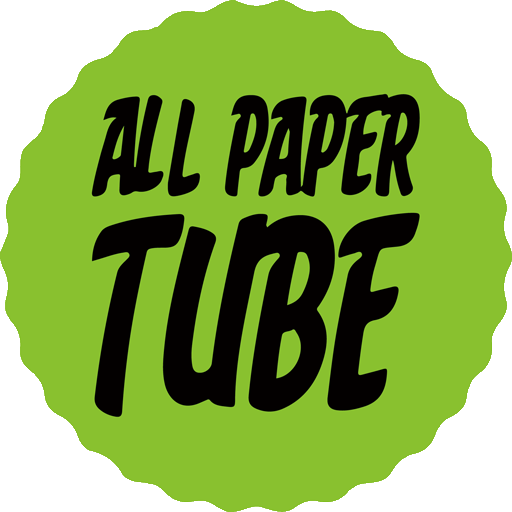
Why Work With All Paper Tube Co.?
With over a decade of experience in eco-packaging, All Paper Tube Co. specializes in custom food-grade paper tube packaging that’s safe, sustainable, and on-brand. Whether you’re a startup or scaling enterprise, our team ensures your packaging meets every requirement—from shelf appeal to food safety compliance.

